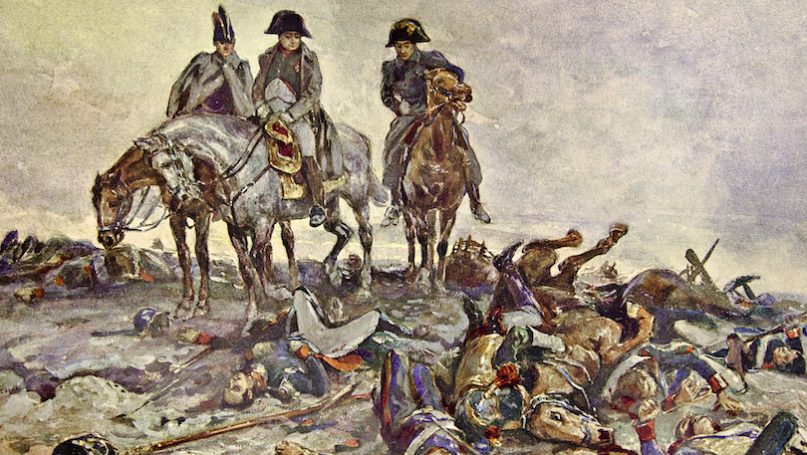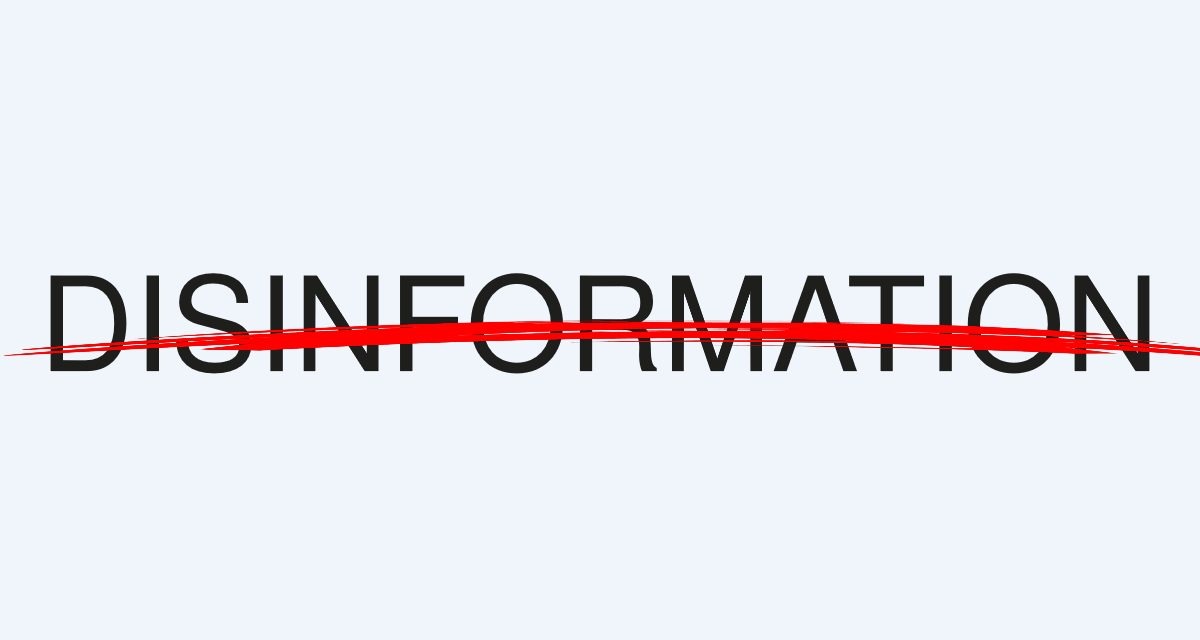RUDRA CHAUDHURI
On November 10, 2020, senior officials from India and China met for the eighth time to discuss the disengagement of military deployments from certain parts of the Line of Actual Control (LAC). The LAC is a 3,488-kilometer (2,167-mile) notional line that separates Indian- and Chinese-held territories. In the summer of 2020, China’s People’s Liberation Army (PLA) crossed several points on the LAC. It led to the beginning of a major standoff, and fatalities on both sides—the first since 1967.
As of December 1, the ground positions had not changed much since the standoff began in May—apart from a surprise move in August by the Indian Special Frontier Force to capture a set of strategically important heights along the LAC. This was in reaction to the PLA’s intrusion in the same area.
Today, the key questions have to do with competing visions for disengagement and what exactly a status quo ante means to both sides. For India, it appears that a full disengagement would mean returning to the positions held by both the militaries in March 2020, before the PLA downright broke with the terms and spirit of a prior set of hard-fought agreements between India and China that were designed to maintain “peace and tranquility” on the LAC.

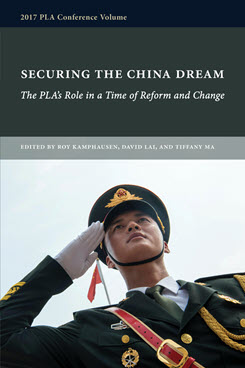
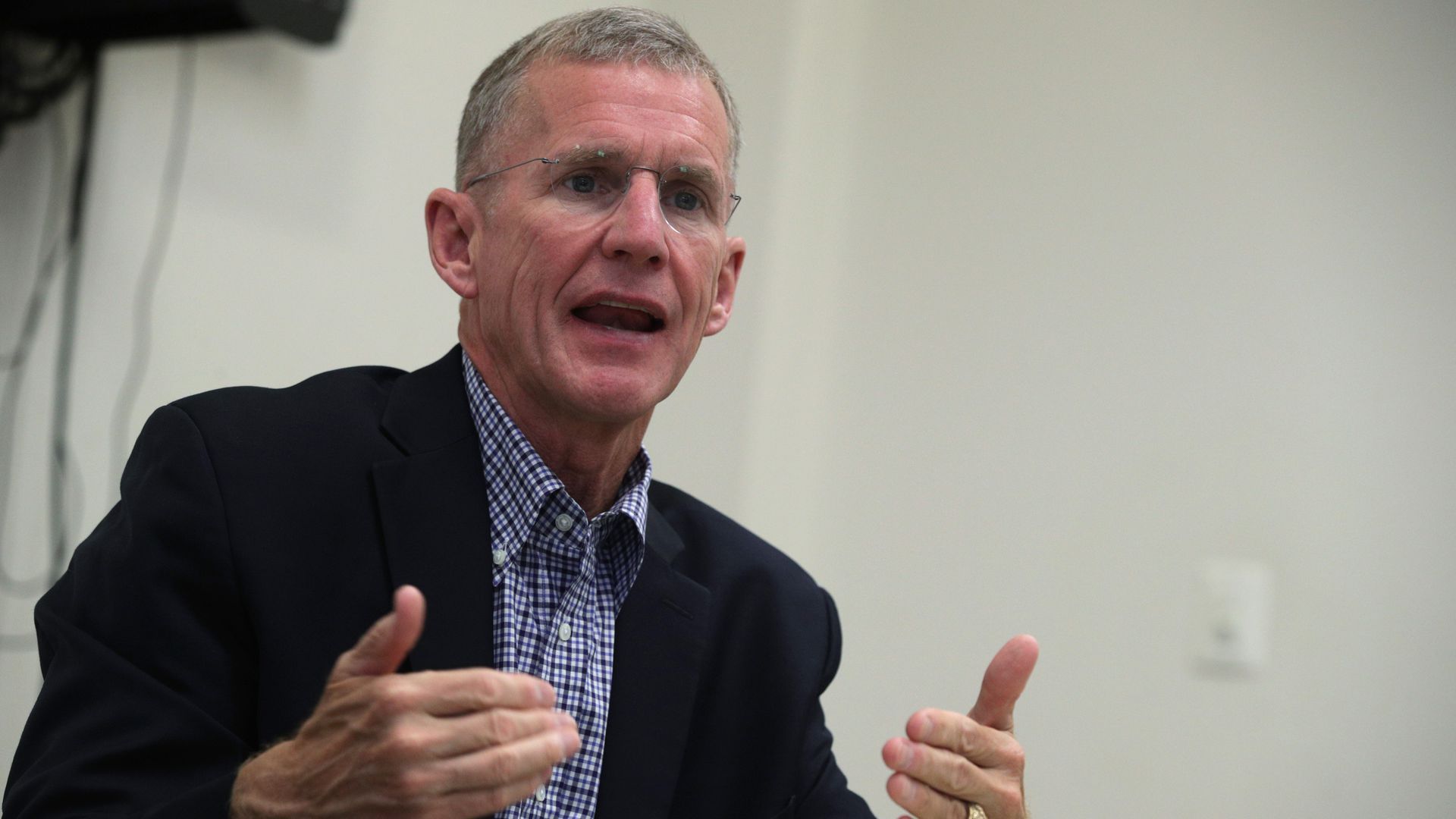



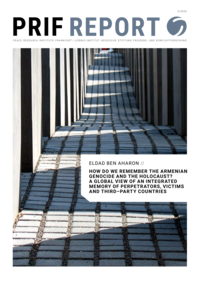


/cloudfront-us-east-1.images.arcpublishing.com/mco/RJHXWN4RAZA6BA4ZGWC4GWABRE.jpg)
